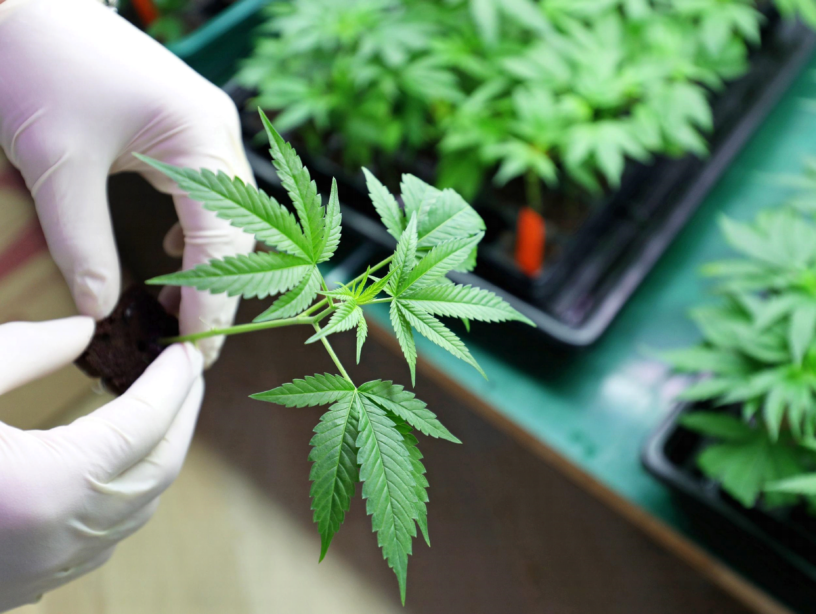The Albanian government has taken a significant step toward regulating the cultivation of cannabis for industrial and medical purposes. In a recent meeting, the Council of Ministers approved a decision outlining specific cadastral zones where licensed cannabis cultivation will be permitted. The move is part of the implementation of Law No. 61/2023, which seeks to establish a structured legal framework for the cultivation and processing of cannabis in the country.
The decision introduces a highly regulated approach, setting strict criteria for approved cultivation areas to ensure transparency and prevent misuse. According to Minister of Agriculture and Rural Development Anila Denaj, ten designated zones have been identified based on scientific research for medical cannabis production.
To prevent unauthorized use, the government has imposed rigorous security measures, including:
⦁ Restricting cannabis cultivation to specific regions, excluding highly developed agricultural areas such as Myzeqeja and Korça;
⦁ Mandating four-meter-high walls around cultivation sites;
⦁ Requiring advanced surveillance systems, including security cameras and alarm systems directly connected to law enforcement;
⦁ Hosting surveillance camera data on European Union-based servers to ensure international monitoring and accountability.
Economic Prospects and Support for Farmers
With the potential to boost Albania’s economy, the government has also introduced a subsidy program aimed at supporting local farmers and ensuring financial benefits from the cannabis industry. Minister Denaj announced that the initiative includes:
⦁ Financial aid for cannabis cultivators operating under medical and industrial licenses;
⦁ Subsidies for traditional farmers and livestock breeders, with funds allocated for agricultural infrastructure and animal husbandry facilities;
⦁ New incentives for organic farming and international certification, aimed at positioning Albania as a competitive player in the global medical cannabis market.
Oversight and Industry Regulation
To oversee the industry and prevent illicit activities, the government has established the National Cannabis Control Agency, tasked with monitoring cultivation sites and issuing licenses to authorized operators. Under the new framework, all businesses and individuals seeking to enter the cannabis industry must comply with strict security and legal requirements.
While the initiative is expected to create jobs and attract foreign investment, concerns remain over potential regulatory loopholes and the risk of illegal cannabis trade. Experts highlight the importance of continuous oversight and enforcement to ensure the industry operates within legal boundaries.
The government’s move signals a shift in policy as Albania—once plagued by illegal cannabis cultivation—now seeks to legitimize and regulate the sector in alignment with international standards. As the plan moves forward, its success will depend on effective implementation, strict monitoring, and sustained economic benefits for local communities.
Written by our correspondent A.T.



